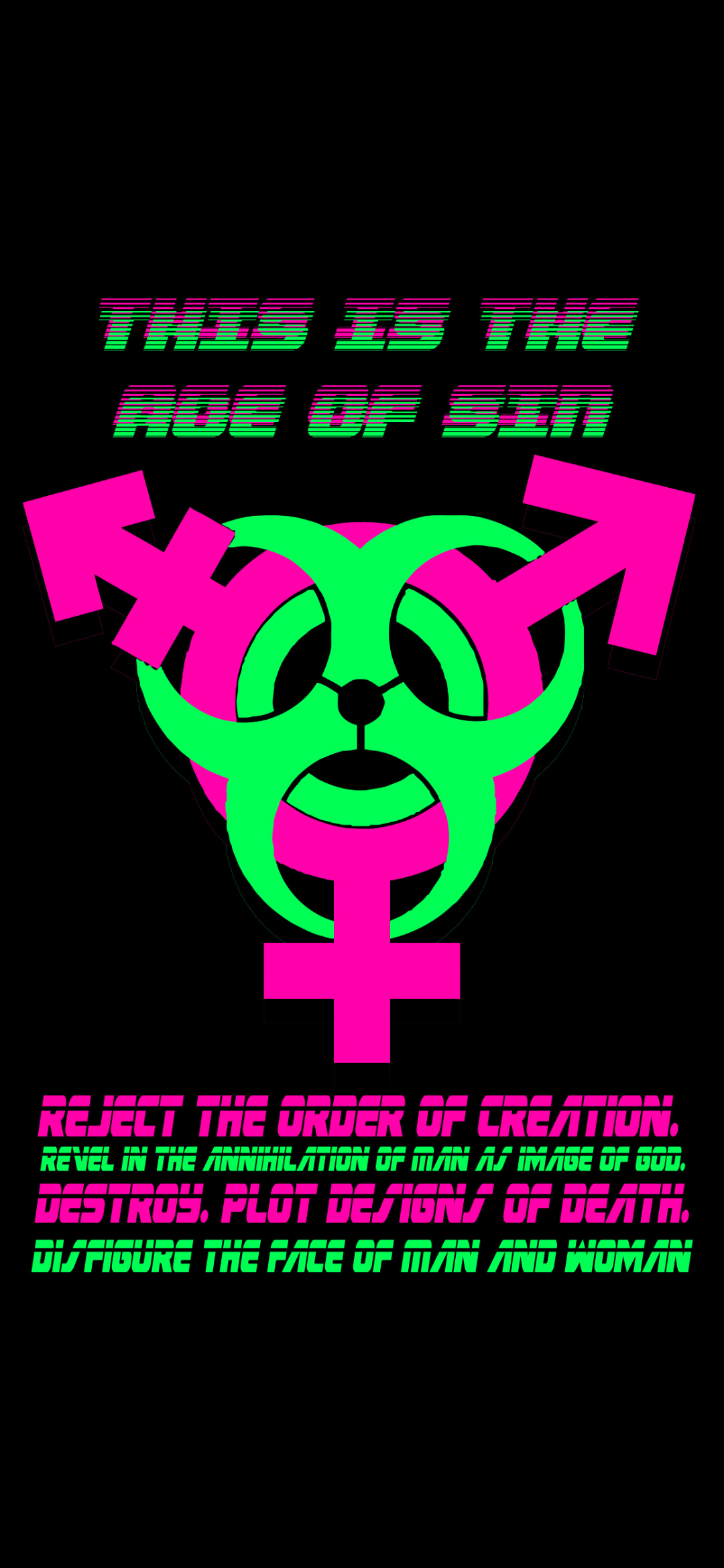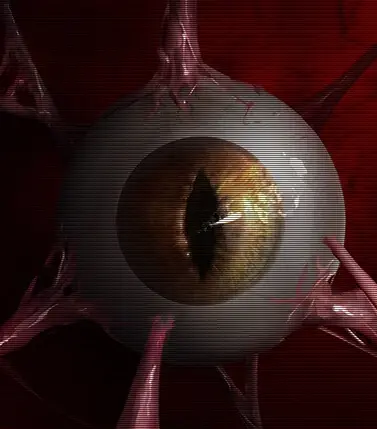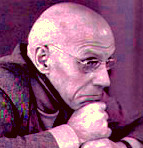The term “Separation of Powers” was coined by the 18th century philosopher Montesquieu. Separation of powers is a model that divides the government into separate branches, each of which has separate and independent powers. By having multiple branches of government, this system helps to ensure that no one branch is more powerful than another. Typically, this system divides the government into three branches: the Legislative Branch, the Executive Branch, and the Judicial Branch. The United States federal government and forty states divide their governments into these three branches.
In the federal government, Article 1 of the United States Constitution establishes the Legislative Branch, which consists of Congress. Congress, in addition to other enumerated responsibilities, is responsible for creating laws. As a general rule, the nondelegation doctrine prohibits the Legislative Branch from delegating its lawmaking responsibilities. Congress can, however, provide agencies with regulatory guidelines if it provides them with an “intelligible principle” to base their regulations on. For more information on the Legislative Branch, refer to “Congress.”
Article 2 of the United States Constitution establishes the Executive Branch, which consists of the President. The President approves and carries out the laws created by the Legislative Branch. For more information on the Executive Branch, refer to “Executive Branch.”
Article 3 of the United States Constitution establishes the Judicial Branch, which consists of the United States Supreme Court. The Judicial Branch interprets the laws passed by the Legislative Branch. For more information on the Judicial Branch, refer to “Judiciary.”
Separation of Powers in the United States is associated with the Checks and Balances system. The Checks and Balances system provides each branch of government with individual powers to check the other branches and prevent any one branch from becoming too powerful. For example, Congress has the power to create laws, the President has the power to veto them, and the Supreme Court may declare laws unconstitutional. Congress consists of two houses: the Senate and the House of Representatives, and can override a Presidential veto with a 2/3 vote in both houses.
The Checks and Balances System also provides the branches with some power to appoint or remove members from the other branches. Congress can impeach and convict the president for high crimes, like treason or bribery. The House of Representatives has the power to bring impeachment charges against the President; the Senate has the power to convict and remove the President from office. In addition, Supreme Court candidates are appointed by the President and are confirmed by the Senate. Judges can be removed from office by impeachment in the House of Representatives and conviction in the Senate. In this way, the system provides a measure, in addition to invalidating laws, for each branch to check the others.
wow thanks none of us knew this
That much was obvious, based on the arguments made.
deleted by creator
Imagine defending a clearly broken undemocratic system set up by slave owners
And how well does this work out to prevent slavery, colonisation, genocide, war etc. especially for the most marginalised and oppressed?
Maybe all it does is make rich people richer and people like you feel better about your powerlessness.
Look into proletarian democracy next if you want a better, still not perfect, but better system of governance for most people.
Given that slavery was outlawed, colonization largely brought to an end around the world, and leaps and bounds have been made in terms of our treatment of minority groups in general, I’m pretty sure the current system is going a damn good job.
Look into proletarian democracy
Yeah, that’s a fancy word for “Marxist authoritarianism”
slavery was outlawed
You need to reread the thirteenth amendment and synthesize it with the US having the largest prison population total and by capita
deleted by creator
This is literally just bait and has no place in this community. Moderators should delete this on that grounds alone.
If it’s allowed, then I wouldn’t begrudge any Hexbear user(s) from spamming the comm with random political theory posts, especially those of the communist variety
That’s why I think it should be left up.
If someone wants to call us out, then we have the right to be able to argue against them.
Also it is literally the Politics channel so how can political theory posts be considered spam?
Yeah everyone should have that right, but I don’t think it does anyone any favors to allow these type of posts on this comm.
It’s one thing to invite dunking on yourself in the comments section of a topical post. It’s another to create posts just for the sake of stoking inter instance drama in a comm not made for that.
Yeah that’s true on the one hand, but on the other, I would leave it up just for accountability. It is about politics in every way, even if it has a meta nature.
Plus by leaving it up they get to show their ass and it invites people to come and explain how they are wrong.
Attempting to master baiting in public should certainly have consequences, but covering it up isn’t going to make them stop.
Especially considering the poster doesn’t seem to have any interest in either explaining or defending what it’s supposed to mean. Like, I enjoy talking about politics as much as the next person but it doesn’t look like OP wants to discuss anything.
They have fallen victim to the great purge so it’s possible they’ve replied but we can’t see them
Not with you, no.
how’s this working out?
So far, so good
you would describe the state of things in the United States of America as “good”?
Not a smart person, can someone explain:
Why is an electoral system where 2/3 of the house is unelected and the third branch is indirectly elected via an electoral college seen as democratic?
Like, I live in the UK so I can’t really talk about antidemocratic systems gestures at the lords, but this doesn’t seem like a system that allows for a person’s vote to be worth much.
That’s the thing about it, its not very democratic and a person’s vote isn’t worth much by design
I was hoping spaceghoti would have some sort of shitty justification for this bullshit.
Y’know some tyranny of the majority crap I could roast 'em over.
Seems they’ve been banned though.
Seems they’ve been banned though.
 haw-haw!
haw-haw!
What I’ll never be able to understand is why people seem to think that stuff like this is going to convince anybody to change their views on… well, anything, really.
All of this stuff is stuff that we’ve heard repeated ad nauseam in school, in educational video cassette children’s cartoons, in political commentary on TV and in print editorials, in public speeches by government officials, in conversations with people we know, and so forth. Belief in the separation of powers and checks-and-balances being effective as implemented in a liberal democracy, is such an ingrained part of mainstream understanding of politics literally since early childhood, that anyone who believes to the contrary must necessarily already be familiar with the arguments for it, and have rejected them.

why can’t mainland Puerto-Rican people vote for the legislative or executive branch?
why should the judicial branch exist?

Uhhhh what exactly are you hoping to achieve by posting this third grade level description of the US government structure?
Like what exactly are you responding to or hoping to achieve with this post?
Got what I wanted, thanks!





 doesn’t know what the fuck you’re talking about.
doesn’t know what the fuck you’re talking about.
Oh no, not the constitution!
Stay away fellow hexbears! Let my shrunken corncob shaped corpse be a warning to you all, this poster has the power of the constitution on their side!
Hisssssssssss it burns it burns it burns
I also enjoy light fiction on occasion.
Tell me about the freedom-loving slaveowner founding fathers next. The dang tea is taxed too high!
Other way around. The tea taxes are going down so smugling is no longer profitable.
Let’s do redface and throw
a car batterytea into the ocean



















